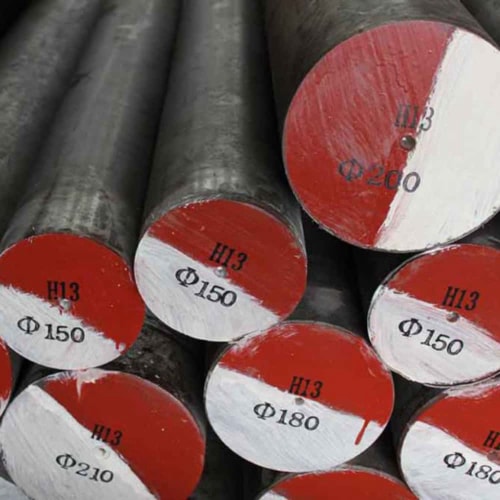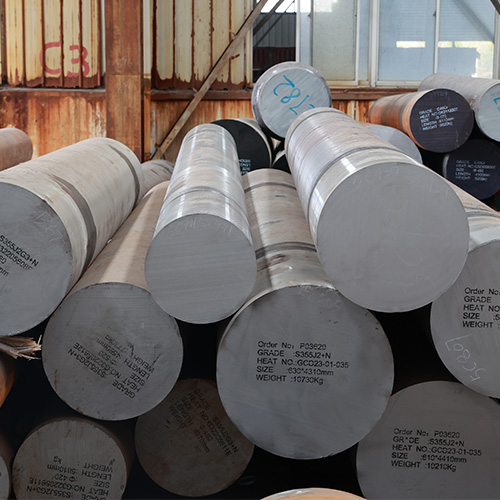Introduction

In today’s rapidly evolving industrial landscape, the selection of materials plays a pivotal role in determining the efficiency, reliability, and cost-effectiveness of manufacturing processes. Among the diverse range of materials available, mould steel tubes have emerged as indispensable components due to their exceptional properties and versatile applications. This blog explores in-depth the extensive benefits of employing mould steel pipes in industrial settings, emphasizing their capacity to enhance performance, durability, and overall operational efficiency across various sectors.
Properties of Mould Steel Tubes
Mould steel pipes are engineered with specific properties that make them ideal for demanding industrial environments:
- High Hardness: Resistant to wear, abrasion, and deformation, ensuring prolonged service life under challenging conditions.
- Superior Toughness: Able to withstand mechanical stresses and impacts without compromising structural integrity, providing reliability in critical applications.
- Excellent Machinability: Facilitates precision machining processes, allowing for intricate designs and tight tolerances necessary for high-quality manufacturing.
- Good Corrosion Resistance: Protects against degradation in corrosive environments, maintaining performance over extended periods.
- High Temperature Resistance: Maintains strength and dimensional stability at elevated temperatures, crucial for applications involving heat and thermal cycling.
These properties collectively make mould steel pipes a preferred choice where reliability, durability, and performance are paramount.
Applications of Mould Steel Tubes
The versatility of mould steel tubes enables their use across a wide spectrum of industrial applications, including but not limited to:
- Injection Molding: Utilized in the production of moulds and dies for shaping plastics and polymers with precision and consistency.
- Die Casting: Essential for manufacturing tools and dies subjected to high pressures and temperatures in metal casting processes.
- Extrusion Processes: Used for producing tubes, profiles, and structural components in industries ranging from construction to automotive.
Additionally, mould steel pipes find applications in sectors such as aerospace, electronics, and medical equipment manufacturing, where their robust properties are essential for meeting stringent performance standards.
Advantages in Industrial Applications
Enhanced Durability and Longevity
Mould steel tubes offer unmatched durability, significantly extending the service life of components and reducing downtime and maintenance costs.
Superior Performance in Harsh Environments
Capable of maintaining performance under extreme conditions, including high temperatures, mechanical stress, and corrosive atmospheres, ensuring operational reliability.
Cost-Effectiveness
While initial costs may be higher compared to some alternatives, the long-term benefits of reduced maintenance, replacement costs, and enhanced operational efficiency make mould steel pipes a cost-effective investment.
Precision and Versatility
The excellent machinability of mould steel tubes allows for the creation of complex shapes and precise dimensions, crucial for achieving high-quality end products.
Case Studies and Examples
Automotive Industry
In automotive manufacturing, mould steel tubes are integral to producing components such as engine parts, transmission components, and structural elements, ensuring reliability and performance under demanding conditions.
Electronics Sector
In electronics manufacturing, mould steel pipes are used for producing intricate components and housings that require precise dimensions, durability, and resistance to environmental factors.
Comparison of Mould Steel Tubes with Other Materials

| Property | Mould Steels | Aluminum Alloys | Plastic |
|---|---|---|---|
| Hardness (HV) | High | Moderate | Low |
| Toughness | Excellent | Moderate | Low |
| Temperature Resistance | High | Low | Low |
| Machinability | Good | Excellent | Moderate |
| Corrosion Resistance | High | Moderate | Low |
Conclusion
The versatility, durability, and performance of mould steel tubes make them indispensable in advancing industrial capabilities and meeting the evolving demands of modern manufacturing. Their ability to withstand harsh environments, maintain precision, and reduce operational costs underscore their value across various sectors. As industries continue to innovate, the reliance on high-quality materials like mould steel tubes is expected to grow, solidifying their role as foundational elements in industrial applications.
FAQ
Q: What specific characteristics make mould steel tubes suitable for industrial applications?
A: Mould steel tubes are preferred for their high hardness, excellent toughness, corrosion resistance, and superior machinability, which collectively enhance performance and reliability in demanding environments.
Q: How do mould steel tubes contribute to cost-effectiveness in manufacturing processes?
A: Despite initial higher costs, mould steel tubes offer long-term savings through reduced maintenance, extended service life, and improved operational efficiency compared to alternatives.
Q: Can mould steel tubes be customized for specific industrial needs?
A: Yes, mould steel tubes can be tailored to meet precise specifications and performance requirements, making them adaptable for diverse applications across industries.

